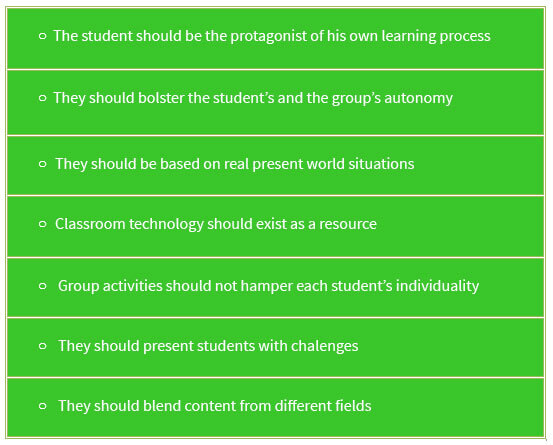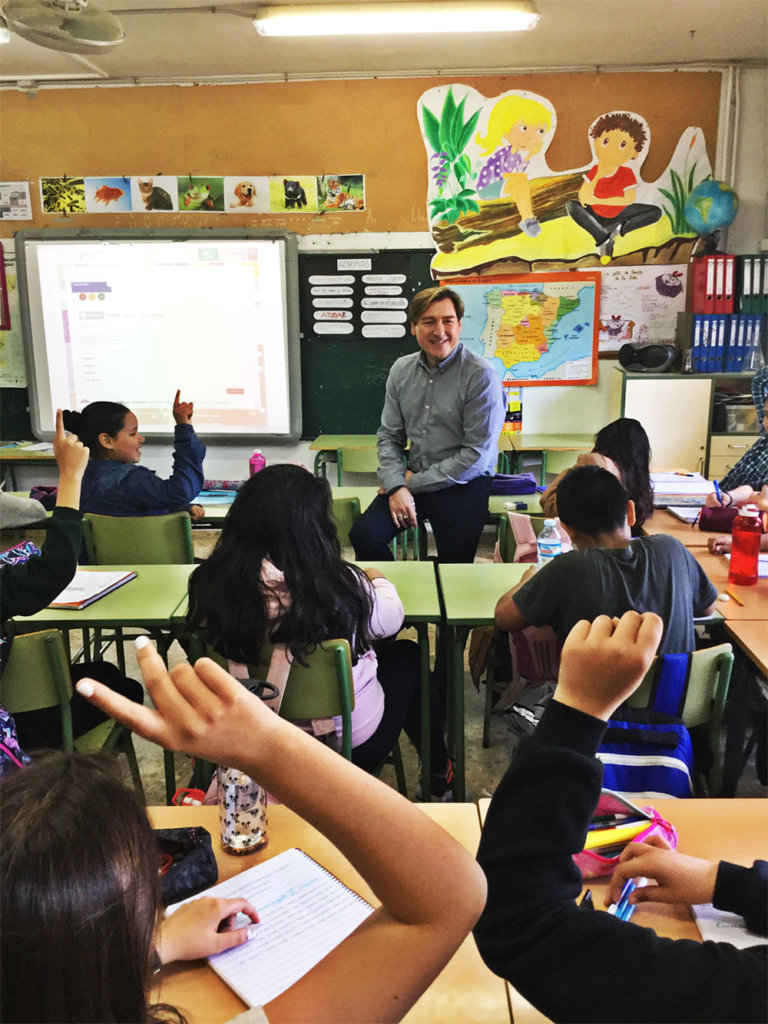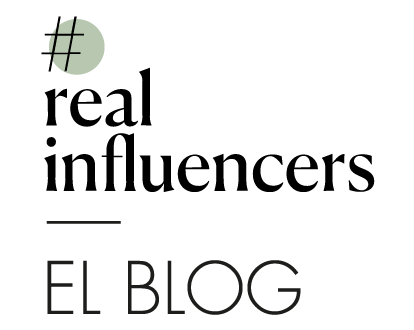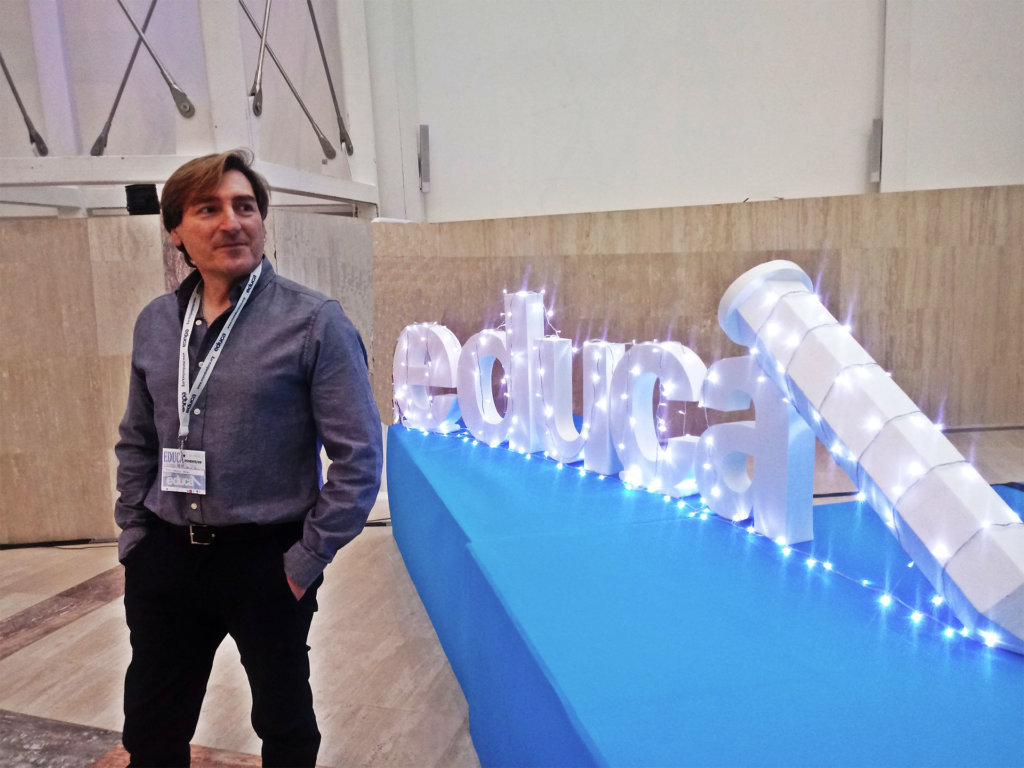For me there is no perfect teaching methodology and this is something that all teachers must understand from the start. Each of our students has their own learning characteristics that make them feel more comfortable with one type of methodology than with another.
Thus, while more dynamic and pragmatic students are comfortable with active methodologies, the more introverted and analytical ones tend to handle those which more behavioral better. Therefore, in my daily teaching activity, I favor varying methodologies, so that all children have the same opportunities to develop their individual potential.
These are some of the teaching methodology that I use the most in my classes:
- Cooperative learning: It is about organizing small groups in which students work together in a coordinated way to solve a specific task.
- Collaborative learning: Very similar to the previous one. While in the cooperative the teacher is the one who poses the problem, organizes the groups and distributes roles, in collaborative learning the group is in charge of organizing this whole structure.
- Project-based learning: It’s my favorite. It is a set of individual and / or group tasks that involves the student in the design and planning of learning, in decision-making and in research processes, having to work autonomously for most of the time. It culminates with the realization of a final product, which must be presented to others.
- Research-based learning: Very similar to the previous one, but based on the use of scientific methods.
- Gamification: It is the integration of game dynamics adapted to the classroom in non-ludic environments. For gamification, I usually use badges.
So, what should we consider when we design our teaching projects?
Basically, the following elements:

My current projects
As a Year 7 teacher I am constantly involved in several projects with my students. These are some of the latest we developed together:
- Creation of a restaurant (by groups). For this, students must:
- Choose a preferably healthy menu.
- Make the purchase of products virtually, either through the tablet or supermarket brochures.
- Calculate the cost of the menu.
- Prepare an attractive letter.
- Make the model of the restaurant.
- Preparation of a trip (by groups). For this, students must:
- Choose a city you wish to visit.
- Find flights and hotels with specific characteristics (with the least possible scales, good quality / price ratio, less than three kilometers, etc.)
- Search 5 monuments that must be visited.
- Search for tickets to the most interesting places.
- Prepare an advertising poster.
- Prepare a tour of the trip.
- Project to save the seas (individual and by groups). For this, students must:
- Visualize videos on the problem of pollution of the seas.
- Carry out a research work where they will seek information on pollution in the environment, particularly on plastic in the seas and oceans.
- Make a mural with the data obtained.
- Carry out a mural-decalogue (A4 or A3) to improve recycling and reduce contamination with:
- 10 actions for home.
- 10 actions for the school.
- 10 tips for supermarkets.
- 10 proposals for the town hall.
- Finally, prepare a poster and advertising spot to promote recycling and / or to raise awareness against pollution.
It is the students who develop their techniques and strategies of autonomous learning, so it is very important that we encourage and guide this learning in a very positive way.

The teacher’s attitude
In all this process, one of the most important aspects is the attitude of the teacher. We must bear in mind that in these projects, it is the students who develop their techniques and strategies of autonomous learning, so it is very important that we encourage and guide this learning in a very positive way, because the problems and doubts that will arise are greater than in more analytical learning. In this sense, my performance as a teacher is as follows:
- At the beginning of the project, I transmit what is the final product (an advertising poster, a healthy menu, etc.)
- Next, I give the students information about each of the phases or intermediate tasks of the project.
- During the subsequent sessions, my task focuses on guiding, guiding and leading towards group or individual resolution of problems that may arise. All this in a positive environment, where the error is part of the learning itself and where the student feels free to experiment, try and make mistakes.
You can find the projects that I am doing with their files and their teaching methodology aspects here.


